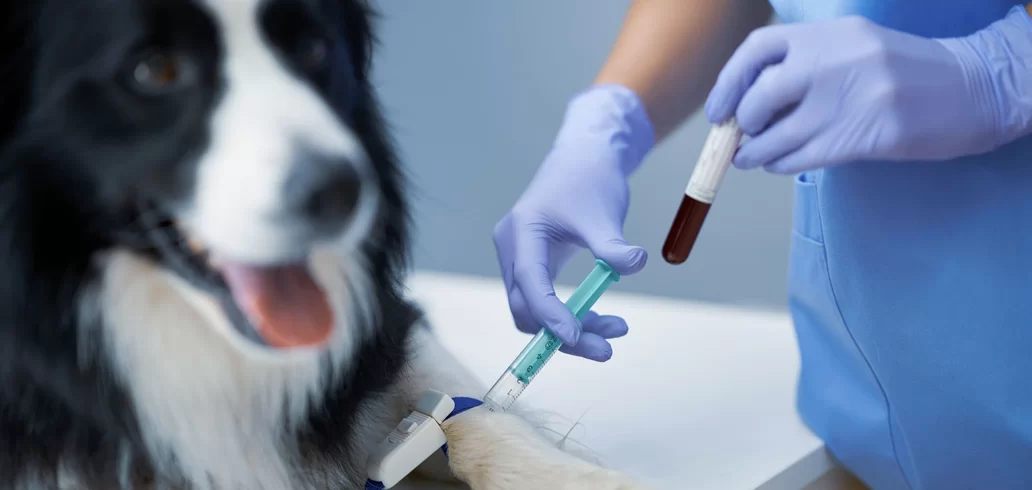News
Hydrogel implant: new male contraceptive is a reversible alternative to vasectomy
Advertisement
One of the advantages of this method is its reversibility. Unlike a vasectomy, which is considered permanent and can be difficult to reverse, the hydrogel implant can be easily removed, restoring male fertility.
Studies have shown that the hydrogel implant is effective in preventing pregnancy and has a low rate of side effects. However, it is still in the development and clinical trials phase to determine its long-term safety and effectiveness.
The power of hydrogel in male contraception
Hydrogel has been attracting interest in male contraception due to its unique properties. This material is capable of forming a physical barrier in the vas deferens, preventing the passage of sperm during ejaculation. This barrier is temporary and can be removed when the individual wishes to restore their fertility.
Hydrogel offers several advantages as a male contraceptive method:
1. Reversibility: Unlike a vasectomy, which is considered permanent, the hydrogel implant can be easily removed, allowing the man to regain his fertility.
2. Effectiveness: Preliminary studies have shown that the hydrogel is effective in preventing pregnancy when applied correctly.
3. Low hormonal impact: Unlike many female contraceptive methods, hydrogel does not affect male hormone levels, which may reduce hormone-related side effects.
4. Safety: The hydrogel is considered safe to use, with low rates of side effects reported in clinical studies so far.
Although promising, the hydrogel is still in the development and clinical testing phase to determine its long-term efficacy and its acceptance by men as a contraceptive method. However, its potential as a reversible and effective option for male contraception is quite promising.
Challenges and next steps
Despite the promise of hydrogel as a male contraceptive method, there are some challenges and next steps to consider:
1. **Extensive clinical trials:** It is crucial to conduct comprehensive clinical studies to evaluate the efficacy, safety and acceptability of the hydrogel in different male populations. These studies should address concerns such as long-term contraceptive efficacy, potential side effects and reversibility rates.
2. **User acceptance:** Men's adherence to the use of hydrogel as a contraceptive method is fundamental to its success. It is necessary to understand men's perceptions, attitudes and preferences regarding this method, as well as to address any concerns or resistance that may arise.
3. **Development of implantation protocols:** Developing accurate and safe protocols for implanting the hydrogel is essential. This includes training healthcare professionals to perform the procedure properly and ensuring that it is performed with as few complications as possible.
4. **Regulatory approval:** The hydrogel will need to go through rigorous regulatory processes in different countries to gain approval as a contraceptive method. This involves demonstrating its efficacy, safety and quality through robust clinical trial data.
5. **Access and cost:** Ensuring that hydrogel is accessible to men from different socioeconomic backgrounds is crucial to its effectiveness as a contraceptive method. This involves not only making it available in clinics and health centers, but also considering financing strategies and subsidies to make it accessible to those who need it.
6. **Education and awareness:** Promoting education and awareness about hydrogel as a male contraceptive option is important to ensure men are well informed about their contraceptive choices and can make informed decisions about their sexual and reproductive health.
While the challenges are significant, the hydrogel represents a promising male contraceptive option that, if developed and implemented correctly, could offer a valuable alternative to vasectomy and other existing contraceptive methods.
You may also like

Cognizant offers up to S$2,150 per month and real benefits
Learn how the salary of up to US$$2,150/month works at Cognizant and understand why so many people are considering this company.
Keep Reading



